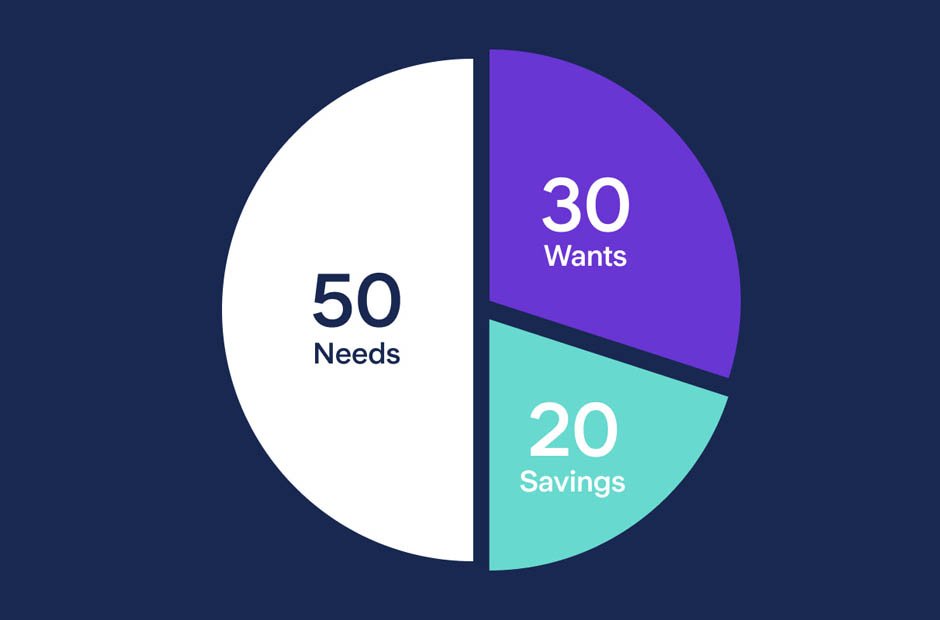Skip to the good bit
ToggleHave you ever wondered how the 50/30/20 budgeting rule can simplify your financial planning? This budgeting method allocates your income into needs, wants, and savings. Using a 50/30/20 calculator, you can easily implement this rule and gain better control over your finances. Let’s explore the benefits of following this straightforward budgeting approach.
Simplifies Budgeting
One of the main benefits of the 50/30/20 rule is its simplicity. Unlike complicated budgeting methods, this rule breaks down your finances into three categories: 50% for needs, 30% for wants, and 20% for savings and debt repayment. A 50/30/20 calculator helps you allocate your income precisely, making budgeting less daunting.
This simplicity makes it easier for anyone to start budgeting, regardless of financial knowledge. Following a straightforward formula lets you quickly understand where your money is going and adjust as needed. SoFi states, “This budget can aid you to understand how to spend and save nicely.”
Promotes Financial Discipline
Following the 50/30/20 rule encourages financial discipline. You prioritize building financial security by allocating 20% of your income to savings and debt repayment. This allocation helps you save consistently and pay down debt faster.
You can set realistic savings goals and track progress using a budget allocation calculator. This discipline ensures you don’t neglect important financial responsibilities, helping you build a solid financial foundation.
Balances Spending and Saving
The 50/30/20 rule balances spending and saving, ensuring you enjoy life while preparing for the future. Allocating 30% of your income to wants allows for discretionary spending without guilt. This balance prevents the feeling of deprivation that often comes with strict budgets.
Using a budget allocation calculator, you can ensure that your spending aligns with your financial goals. This balance helps you maintain a healthy financial lifestyle, where you can simultaneously meet your needs, indulge in wants, and save for the future.
Adapts to Income Changes
Another advantage of the 50/30/20 rule is its adaptability. Whether your income increases or decreases, the percentages remain the same. This flexibility makes adjusting your budget according to your financial situation easy. For example, if you receive a raise, you can proportionally increase your contributions to each category.
Using a budget allocation calculator, you can quickly recalculate your budget based on any changes in income. This adaptability ensures that you remain on track with your financial goals, regardless of your earnings.
Reduces Financial Stress
Financial stress often stems from not knowing where your money is going. The 50/30/20 rule provides clarity and structure, reducing this stress. By categorizing your expenses, you understand your financial situation clearly, which can alleviate anxiety.
A budget allocation calculator helps you visualize your budget, making it easier to manage. This clarity and structure lead to better financial decisions and a more relaxed management approach.
Using a budget allocation calculator to follow the 50/30/20 budgeting rule offers numerous benefits, including simplified budgeting, promoting financial discipline, balancing spending and saving, adapting to income changes, and reducing financial stress.
By allocating your income to needs, wants, and savings, you can gain better control over your finances and build a more secure financial future. This straightforward budgeting method is ideal for anyone looking to improve their financial health without the complexity of traditional budgeting approaches. Start using the 50/30/20 rule today and experience its positive impact on your financial well-being.







